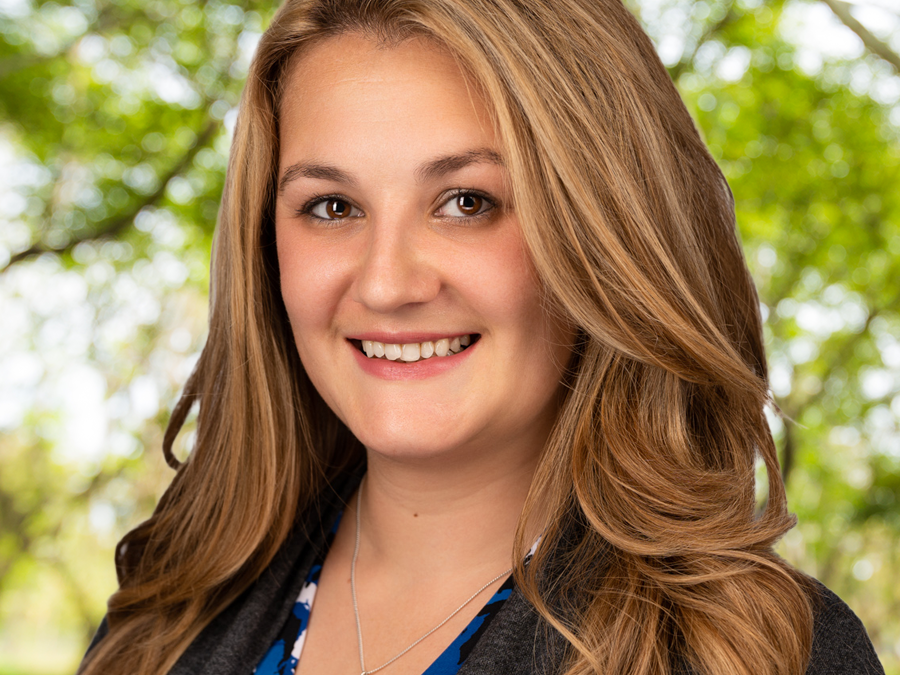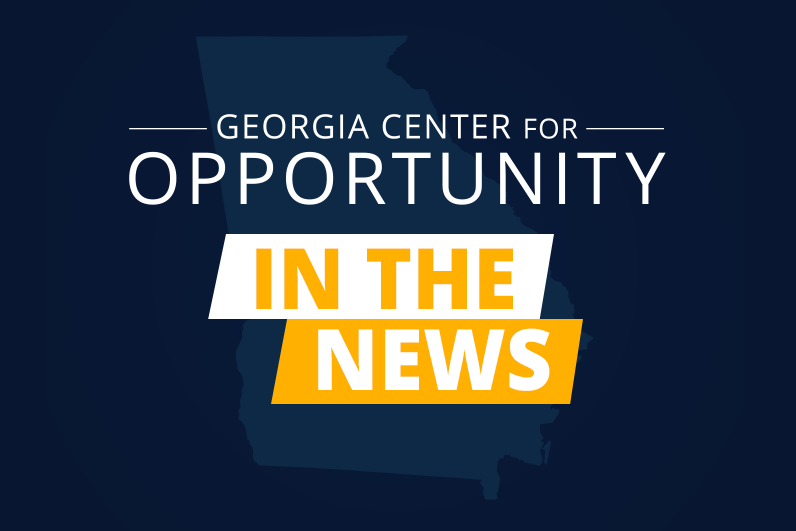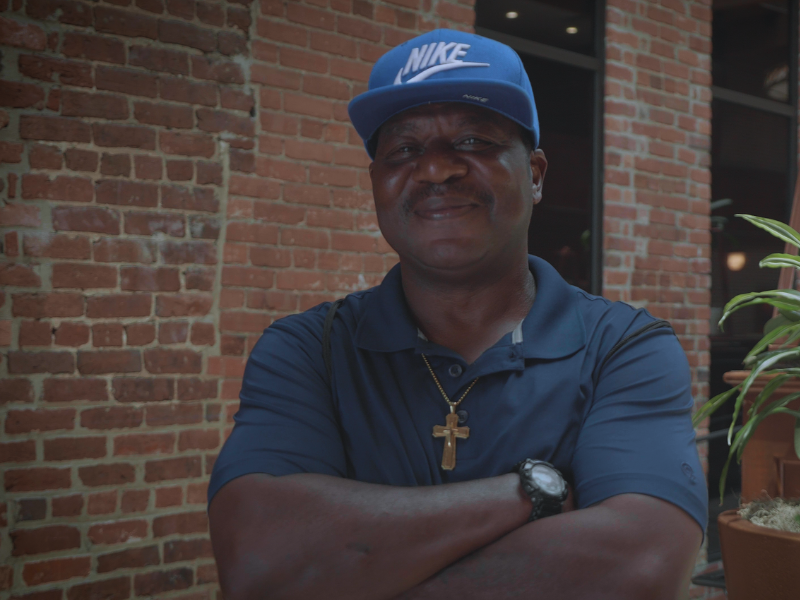
Free the Future Campaign Making an Impact in Columbus

Free the Future Campaign Making an Impact in Columbus
Key Points
- Free the Future is an initiative of the Mayor of Columbus Georgia’s Commission on Reentry, in partnership with the Urban League of the Chattahoochee Valley.
- The Georgia Center for Opportunity’s BETTER WORK Columbus program director, Kristin Barker, is leading this effort, serving as the chair of the Reentry Commission.
-
The campaign aims to address existing biases and create a sustainable impact on the health and well-being of the community and its residents.
Breaking the cycle of recidivism is a critical issue in many communities across the United States. The Mayor’s Commission on Reentry in Columbus, Georgia is taking a multi-pronged approach to address this problem, with a mission to prevent recidivism by strengthening cooperation and collaboration among law enforcement agencies, corrections and supervision entities, resource agencies, social service and non-profit organizations, community members, and other private and public stakeholders.
The Georgia Center for Opportunity’s BETTER WORK Columbus program director, Kristin Barker, is leading this effort, serving as the chair of the Reentry Commission. “We have developed subcommittees to focus on priority areas that will provide the greatest impact for the reentry population in our community,” Kristin explains. “These areas are employment, housing and connectivity of resources.”
One project that recently launched through the employment subcommittee is the FREE THE FUTURE campaign. The initiative is aimed at educating private employers on the value of Second Chance hiring. Many people who exit incarceration after serving their time are eager to start afresh, but they face significant challenges in finding suitable housing and jobs that pay a livable wage. Often, they have outstanding fines and fees that they are unable to pay without a steady income. The inability to find good employment quickly leads to a cycle of recidivism, which is hard to break.
The mission of BETTER WORK is to support the underserved in our communities and promote their long-term success. The FREE THE FUTURE campaign in Columbus is a key part of this effort, designed to challenge false narratives that hold people back from making positive life changes. The campaign aims to address existing biases and create a sustainable impact on the health and well-being of the community and its residents.
The FREE THE FUTURE campaign is easily accessible through Facebook, Instagram, and its website. Monthly meetings of the Mayor’s Commission on Reentry are open to the public, and many community organizations attend these meetings to become more educated and engaged with reentry in Muscogee County.
FREE THE FUTURE campaign is aimed at educating private employers on the value of Second Chance hiring.
FREE THE FUTURE campaign is aimed at educating private employers on the value of Second Chance hiring.
Key partners in this initiative include BETTER WORK Columbus, Urban League of the River Valley, United Way of the Chattahoochee Valley – Home for Good, SafeHouse Ministries, Southern Center for Human Rights, Muscogee County Sheriff’s Department, Georgia Department of Corrections, Department of Community Supervision, and NewLife-Second Chance Outreach.
To learn more about this campaign, click here, or access the information via Facebook and Instagram. Monthly meetings of the Mayor’s Commission on Reentry are open to the public, and many community organizations attend these meetings to become more educated and engaged with reentry in Muscogee County.








